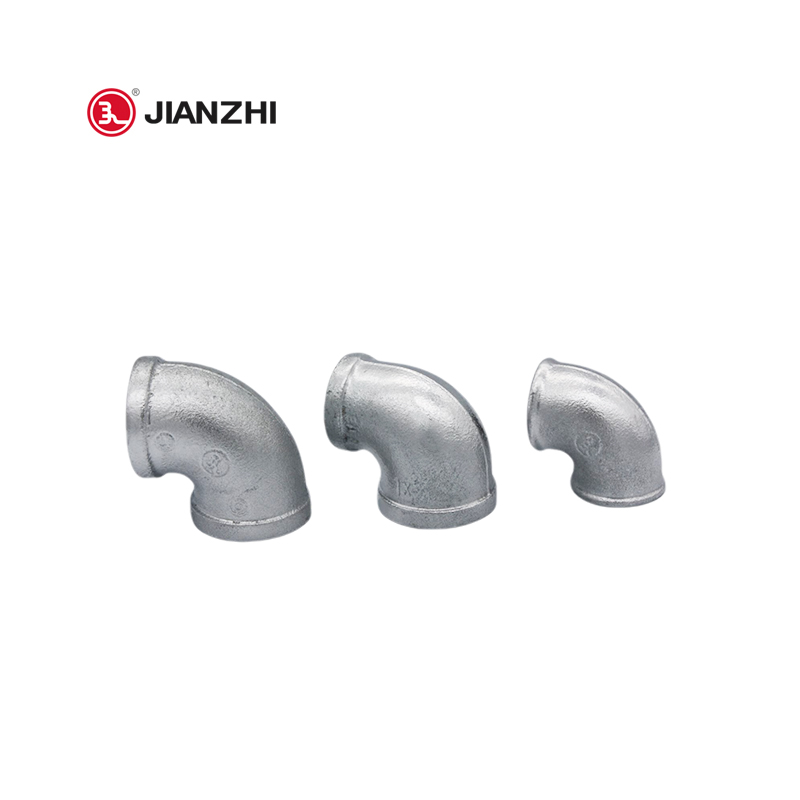Jul. 09, 2024
Pipelines are essential components in various industries, ensuring the safe and efficient transport of fluids and gases. To protect these vital structures from corrosion and wear, different types of coatings are applied. One of the key considerations in maintaining the integrity and longevity of pipelines is the selection of appropriate pipe-fitting metal coating. In this article, we will explore the various types of coatings used on pipelines, along with their advantages and disadvantages.

Galvanized coatings, primarily consisting of zinc, are one of the most common metal coatings used on pipelines.
● Corrosion Resistance: Zinc acts as a protective barrier, preventing the underlying metal from rusting and corroding, especially in humid or marine environments.
● Cost-Effective: The galvanization process is relatively economical, making it a popular choice for large-scale projects.
● Durability: Galvanized coatings can withstand harsh weather conditions and mechanical damage, extending the lifespan of the pipeline.
● Uneven Coating Thickness: The galvanization process can sometimes result in inconsistent coating thickness, leading to uneven protection.
● Heat Sensitivity: Zinc coatings may degrade at high temperatures, reducing their effectiveness in certain applications.
Epoxy coatings are widely used due to their excellent adhesion and chemical resistance properties.
● High Adhesion: Epoxy coatings form a strong bond with the pipeline surface, providing superior protection against corrosion.
● Chemical Resistance: These coatings are highly resistant to a wide range of chemicals, making them suitable for pipelines transporting corrosive substances.
● Smooth Finish: Epoxy coatings offer a smooth and hard finish, reducing friction and improving flow efficiency within the pipeline.
● Application Sensitivity: The application process requires precise environmental conditions, such as specific temperature and humidity levels, to ensure proper curing.
● Cost: Epoxy coatings can be more expensive compared to other types of coatings, impacting the overall project budget.
Polyurethane coatings are known for their flexibility and resistance to abrasion.
● Abrasion Resistance: These coatings are highly resistant to wear and tear, making them ideal for pipelines subjected to high mechanical stress.
● Flexibility: Polyurethane coatings maintain their integrity even when the pipeline expands or contracts, preventing cracks and peeling.
● UV Stability: They are resistant to ultraviolet radiation, preventing degradation when exposed to sunlight.
● Complex Application: The application of polyurethane coatings can be more complex, requiring specialized equipment and skilled labor.
● Potential Health Hazards: The chemicals used in polyurethane coatings can pose health risks during application, necessitating proper safety measures.
Selecting the right pipe-fitting metal coating is crucial for ensuring the durability and efficiency of pipelines. Each type of coating has its unique advantages and disadvantages, and the choice should be based on the specific requirements of the pipeline application, environmental conditions, and budget considerations.
If you have any needs for customized coatings for pipe fittings, please contact us and we will provide you with the pipe fitting solutions with the highest technology and the most suitable price.
SAFER
PRODUCT INFO
ABOUT JIANZHI
TECH DATA
Contact Us
E-mail: sales1@jianzhi-fitting.com
Tel: +86 15822792427
Office In Tianjin:
Heping District, Tianjin, China.
Production Base 1:
Chifeng, Inner Mongolia, China.
Production Base 2:
Tangshan City, Hebei Province, China.
Production Base 3:
Schelei Street,Baicoi City,Prahova County,Romania
